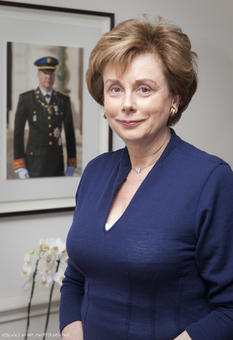
In May 2023, UCL student David Schmidt interviewed HE Evelyne Genta, Monegasque Ambassador to the United Kingdom. They talked about her role and responsibilities as a diplomat, the cultural richness of Monaco and why young people risk losing their ability to foster lasting connections at the helm of social media.
Evelyne Genta is the Ambassador of the Principality of Monaco to the United Kingdom. She is the wife of the late Gerald Genta, a prominent artist and watchmaker. Having spent years as a global business leader travelling the world, Evelyne sold the business and stepped into her career as a diplomat. Today, she is passionately engaged in diverse endeavours ranging from cultural promotion and exchange to environmental efforts, advancing economic growth, and overseeing settlement processes between Monaco and the UK.
D: What inspired you to become an ambassador, and how did you become one?
EG: I took an unusual path since I got here coming from the private sector. We sold our business, and our daughter pursued an education in the UK. As Gerald moved to London with the family, the Prince of Monaco was looking for representation of Monaco in London, as there was no embassy in those days – and so he asked me.
D: What challenges have you faced during your term as an Ambassador?
EG: Monaco has no political issues with the UK, or any other countries really. It’s a challenge to change the perception of Monaco to the British public. Culturally speaking, we house sophisticated ballet dancing and an excellent orchestra. Monaco is a place where people do work, a place that is regulated – and that’s important because there are many tax-friendly countries in the world, but Monaco also plays by the rules.
D: What have been some of your most memorable experiences while representing Monaco?
EG: Meeting the Queen, that is a no-brainer. I moved to the UK when I was 12 and my dog had to be quarantined for 6 months as this was the procedure back then. I missed my dog, so I wrote to the Queen! Buckingham actually wrote back = the Queen replied. That was the first time I came into contact with Her Majesty. I remember her as an inspiration, so gentle, so kind.
D: What is the most rewarding aspect of a diplomatic career?
EG: People. The rewarding aspect for me is meeting extraordinary people, such as ambassadors. It’s always good to learn about other people’s countries and their challenges, fostering a real sense of interest. We need to talk to each other and can’t leave everything to social media. All channels of communication have to remain open, and the next generation will definitely face challenges in this context.
D: What are some of the most important aspects of successful diplomacy?
EG: First of all, we need to inform ourselves; try to learn as much as you can about the country. Secondly, cultivate your relationships because one day you might need those people or they might need you, so take care of your address book.
D: What advice would you give to someone considering a career in diplomacy?
EG: You should learn about the different aspects of a country, and don’t disregard economic aspects. Diplomacy is not like in the olden days when letters between Paris and Saint Petersburg took ages. Today we regularly have presidents talking to presidents, and ambassadors to ambassadors. As the ambassador role has become increasingly diplomatic, we need to understand different countries’ positions, including their economies, in the pursuit of what we can do for the said country and the one we represent. Our channels today are so direct and have to remain that way.
D: How does the embassy promote Monaco’s foreign policy?
EG: The priority is explaining who we are. People mainly know about the Grand Prix and tennis. Monaco is very small, but it is a country with a seat at the UN, a participant of the Conseil de l’Europe, and the International Maritime Organisation. Monaco is a proper country with a government, regulated by the Conseil National; we have a different passport, flag, and nationality.
D: What is the embassy’s function in Monaco’s aspiration to promote its culture and values abroad?
EG: Culture is very important, we have a very vibrant culture for such a small place. Ever since our national ballet was established, it has never stopped and now performs all over the world, like in China or even at the Bolshoi Theatre, not to mention the fantastic philharmonic orchestra. For the size of the country, the culture is huge. The people who live there know it. But we need to get away from all the glitter.
D: What initiatives has the Monegasque embassy taken to promote economic development and growth in Monaco?
EG: We’re trying to attract younger residents and people in tech, people who want to live and work in Monaco since older people often retire and have already sold their businesses. I’m talking about couples with children to attend our schools, 30-40-year-olds that would expand the tech industry – importantly, tech companies don’t need the space that large-scale manufacturing does! Our job is to settle new families, as we have a good environment, good weather and great infrastructure. There is also a nice airport takes you everywhere in the world.
D: Have you been able to incorporate your past experiences and business expertise into your diplomatic engagements, and if so, how has this contributed to your work?
EG: Yes, of course. My previous job was in the watch business, and clients were therefore quite exclusive. Working in the diplomatic sector is like a continuation of that. My husband wanted to sell excellence through his designs and watches, and today, I want to sell the excellence of Monaco as being a very special place.
D: As the President of the UK Branch of the Fondation Prince Albert II de Monaco, how do you and the embassy support the environmental mission of H.S.H. Prince Albert II?
EG: We mostly try to do fundraising, through joint efforts with other UK charities and team-based projects. Regarding water, we’re working closely with universities we have partnerships with.
D: As a self-proclaimed “anglophile”, what do you feel are the most important elements of the diplomatic relationship between Monaco and the UK?
EG: I think our residents who come from the UK play an important factor. The Brits being Brits fit in well [in Monaco] and join, if not start a new club themselves. They’re the “easiest” ex-pats, because after a few years, they’re at home. The Brits have always been a part of the world; they assimilate easily into Monaco, which holds profoundly positive significance.
D: As it is both the embassy’s and your own personal mission to promote the diverse aspects of Monaco and to help the public gain a truer perception of the Principality, what is something you think would surprise people about Monaco?
EG: I would say how easy it is to get around. In fact, if you know your way around, there are lifts taking you to all the different platforms. It’s very cleverly done because it’s small. Aspects of security are also notable: you can walk around without ever being scared, even if you’re a woman or wearing jewellery. It’s a lovely feeling.
D: What would you be doing if you weren’t currently the ambassador of Monaco to the UK?
EG: I would probably still focus on watches.
D: Looking at your incredibly rich experience, what is the most important lesson you have learned?
EG: It is important to actually meet people and to always give them a chance. I see every person as a whole new world, an adventure you might say. I am passionate about people and worry that young people care about social media too much. It’s only a singular aspect of our lives, not the whole world. We’re so connected but alone, we only see what corresponds to us. We live in little bubbles. I learned about the need for active exchange and exposing ourselves to different perspectives.
D: I would like to conclude the interview here. Thank you very much for your time and your insights.
David Schmidt studies Politics and International Relations at UCL. He is President of the Leadership and Management Society (LMS) and the Government and Politics Society at UCL.
Image credit: Monaco embassy to the UK.
Note: The views expressed in this post are those of the author, and not of the UCL European Institute, nor of UCL.
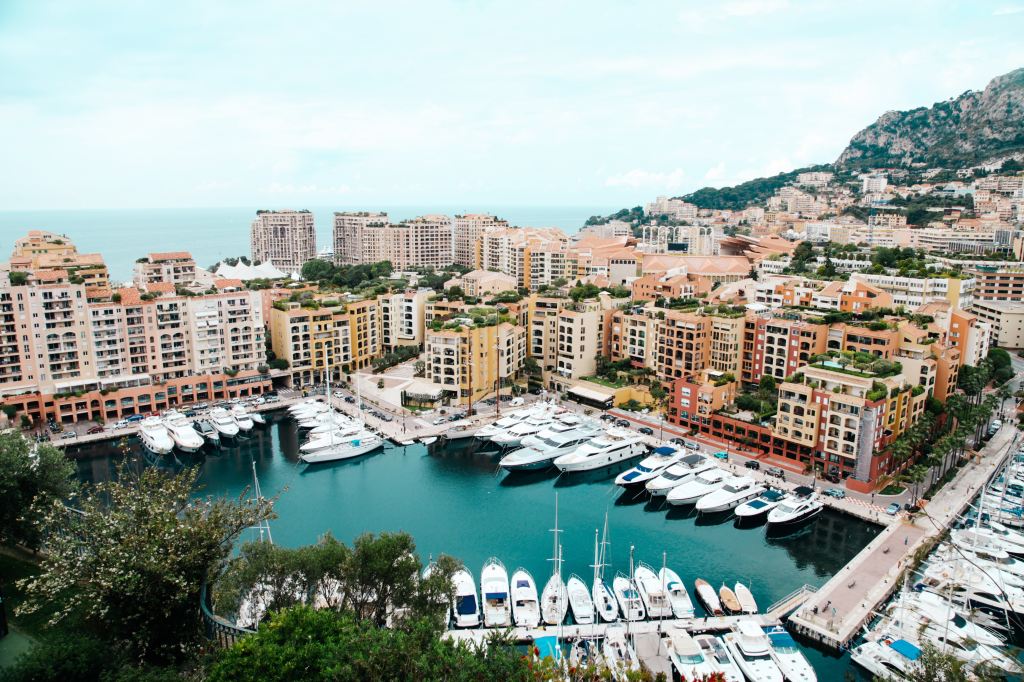
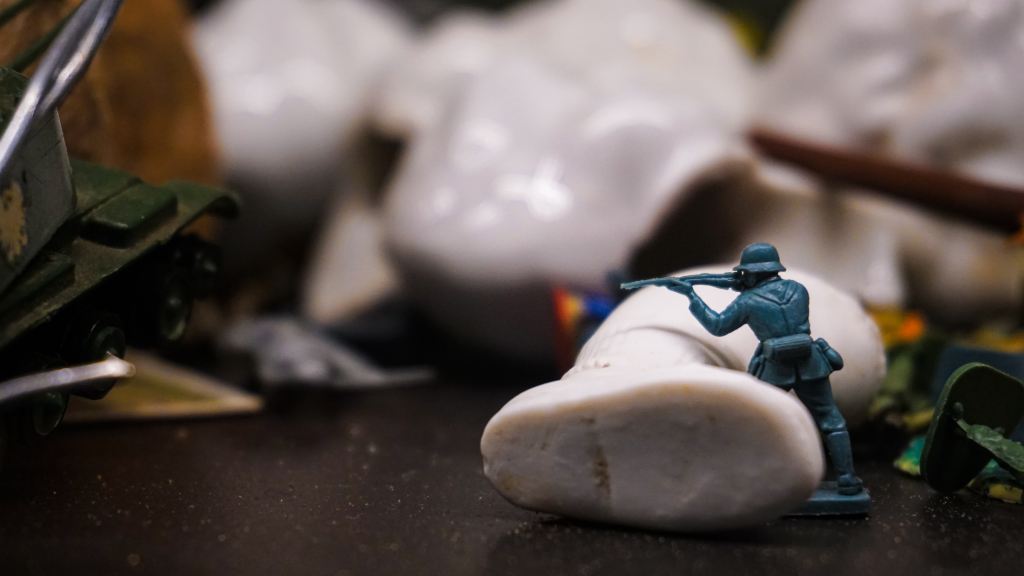
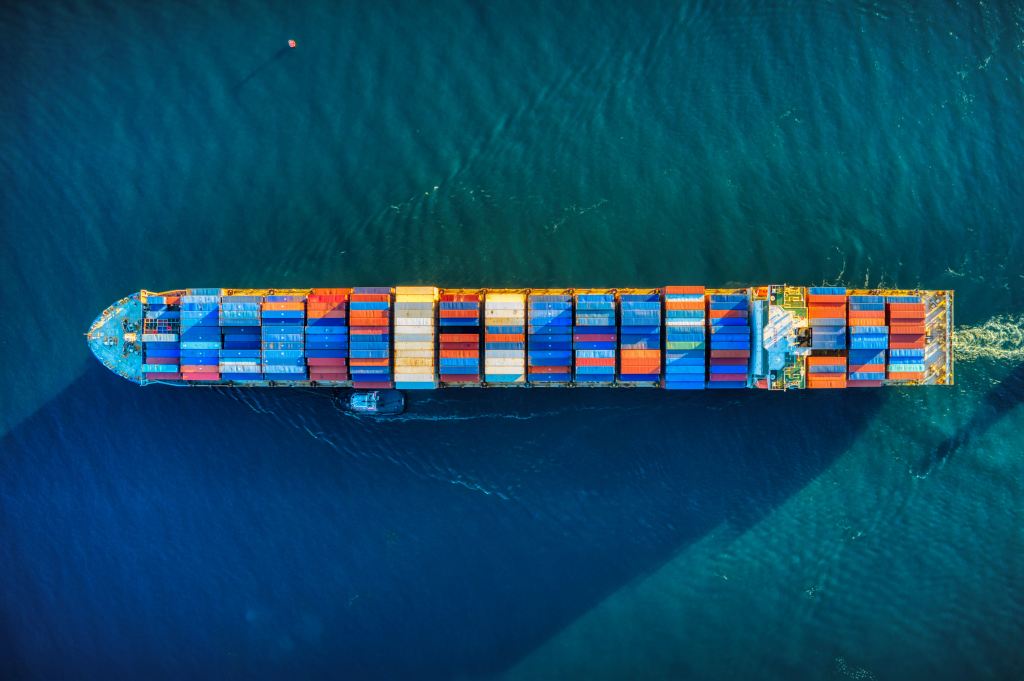
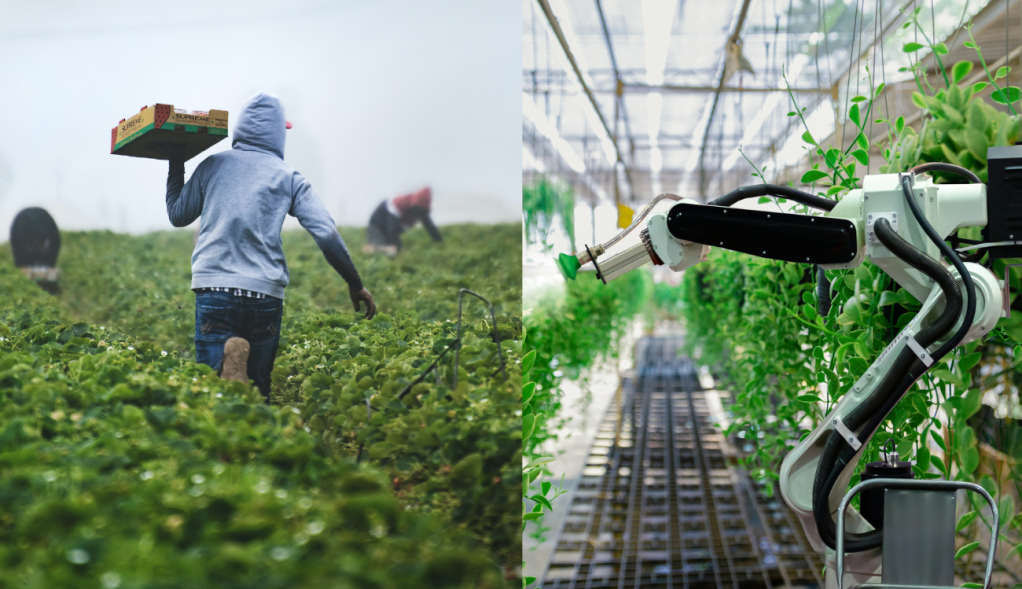
Leave a comment